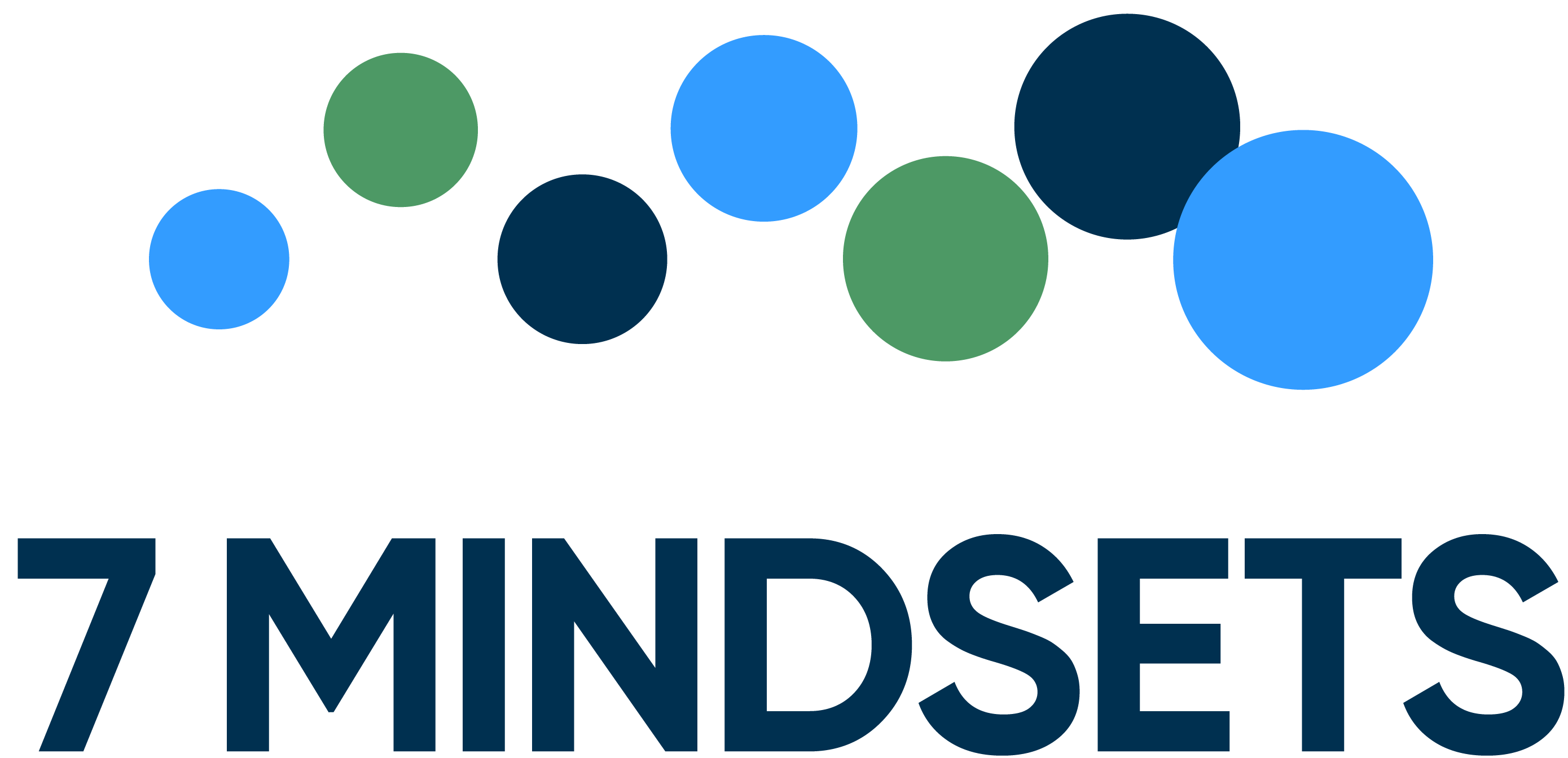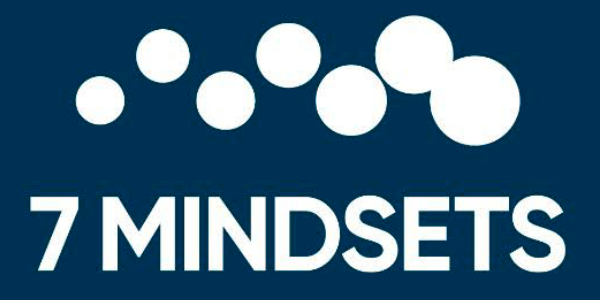By Jeff Waller, 7 Mindsets Co-Creator and VP of Educational Services
When I think back on my time in school, I have memories of things like the lunchroom, the gymnasium, the hallways and the general flow of students between periods.
I remember my friends, and I remember the kids I didn’t get along with.
Most of all, I remember moments. Points in time when teachers would say something good or bad, leaving an indelible impression on me for the rest of my life.
I remember Mrs. Bulloch telling me to come out of my shell, that I had something important to share with the world that needed to be said. She got me to do things I never would have done, and I often go back to that day to find courage and inspiration.
Unfortunately, I also remember some not-so-great things teachers said that would have a lasting effect on me.
Instances come up every day when the words we use and the manner in which we say them make a tremendous long-term impact on our students’ lives.
More and more, teachers must communicate with finesse and clarity to address issues and challenges. As anxiety and depression increase in our schools, the stakes are higher than ever.
I believe the next shift in education will be toward the integration of social and emotional programs and strategies into the normal class schedule. Social and emotional skills are increasingly being recognized as important for child development.
Furthermore, I’m also convinced that technology will play even more of a role in teaching at a management level. For example, there is already software that makes being a teacher a little easier. If you’re a teacher struggling to keep in touch with parents, perhaps due to administrative issues, it might be worth looking in to digital communication logs for teachers and parents. A lot of schools are finding that data analytics platforms like School Status are changing the game when it comes to being able to contact parents.
A recent Time Magazine article discusses an analysis of 213 schools who have implemented SEL programs, and the resulting improvements they’ve seen in students’ emotional skills, pro-social behaviors, relationships with others and attitudes about school.
This trend will necessitate that educators improve their capabilities in helping students develop competencies like self-awareness, self-management, social awareness, altruism, risk-taking, gratitude, relationship skills, and responsible decision-making.
It will require our teachers to gain comfort and insight when talking with students about their feelings.
In essence, it will require them to become therapists.
Over the years, we’ve worked with many amazing teachers who could effectively teach subject matter as well as connect with their students and benefit them well beyond the basics of reading, writing and arithmetic.
These key approaches represent critical professional development for teachers in light of social emotional learning:
1. Grow individuals vs. teaching subjects
I remember an old basketball commercial where Charles Barkley claimed he was not a role model. He seemingly did not take his responsibility seriously. The sad fact is that he was a role model, just not a very good one.
We are role models (whether we like it or not), and everything we do leaves a fingerprint on the students we teach.
Teachers can and should have a positive impact far beyond simply teaching the required curriculum. Great teachers take this seriously and are constantly seeking ways to reach their students and develop non-cognitive skills such as self-esteem and self-advocacy. All educators can benefit from developing new skills and techniques that foster a growth mindset in students and provide a foundation not just for success in school, but happiness in life.
2. Be the guide by the side, not the sage on the stage
The great teachers I’ve seen are real and genuine. They know how to be a little vulnerable and human with their students. By sharing openly and honestly and by being creative and goofy, they enable their students to do the same and get the most out of their time in the classroom.
I think vulnerability training could be a powerful force in our school system. Brené Brown once said, “When we are vulnerable, we are beautiful.” The development of such techniques and execution of some strategies in this area could really transform our classrooms by opening up the hearts and minds of our students.
3. Build community vs. managing a classroom
More than ever, our students are detached at school. In fact, a recent study showed that 40% of students are chronically disengaged.
The antidote to disengagement is connection. By building a sense of community in the classroom, teachers can make classes into rich and emotionally rewarding environments where all their students can thrive.
There are many techniques that great teachers use to foster a safe and nurturing environment. These strategies and techniques should be taught and shared in every classroom throughout the country. It will benefit each and every student in your class by creating an environment where more students can thrive.
4. Perform therapy vs. discipline
One of the great lessons I got from the late Steven Covey, author of The 7 Habits of Highly Effective People, was to seek first to understand, and then to be understood. As a parent, I have learned that I am much more effective when I ask questions of my children versus simply giving commands.
For example, when my son is critical of his sister, I feel I get a much better result when I ask him why he said what he said. Through a time-tested Socratic method, I am able to build a much better understanding, allow my child to feel respected, but also take the most informed action to benefit him in the long run.
5. Facilitate a process vs. teach curriculum
A few years ago, I took a stand-up comedy class. At the end of the class, we actually had to perform live on stage for four minutes. Trust me when I tell you that I was paralyzed with fear. Our instructor had one rule: “If you get the crowd to laugh, never interrupt the laughter with the next joke.” Laughter is the gold of comedy, and by interrupting it, you’re actually training your audience not to laugh. The instructor said he would pull us off the stage if any of us did this.
Like laughter in comedy, student discussion and sharing is the foremost goal we educators should seek, as it is critical to helping our students manage through the stresses and social challenges they face at school and at home. This dialogue is precious and central to any social emotional program.
As teachers, we are taught to teach. But we need to learn to become facilitators, and to participate in the process of growth with our students. Numerous new programs are about facilitating open-ended discussion rather than skills mastery. We should embrace this by incorporating the specific tactics and skills into our arsenals to become good facilitators of sharing and discussion. Both educators and students will benefit tremendously from our doing so.
I believe education is the most important profession in our society. When we positively impact the life of a child, we make the world a better place forever. Every educator I know got into this field for the purpose of helping young people.
Unfortunately, with compliance and administrative pressures, many teachers are struggling just to stay caught up, and most are missing out on the gold of teaching – that feeling of impacting their students.
Social emotional teaching skills can foster environments in which better connections are made and relationships are solidified. This critical professional development for teachers will allow them to shine and experience the wonderful sense of gratification they deserve for all the work they do.




